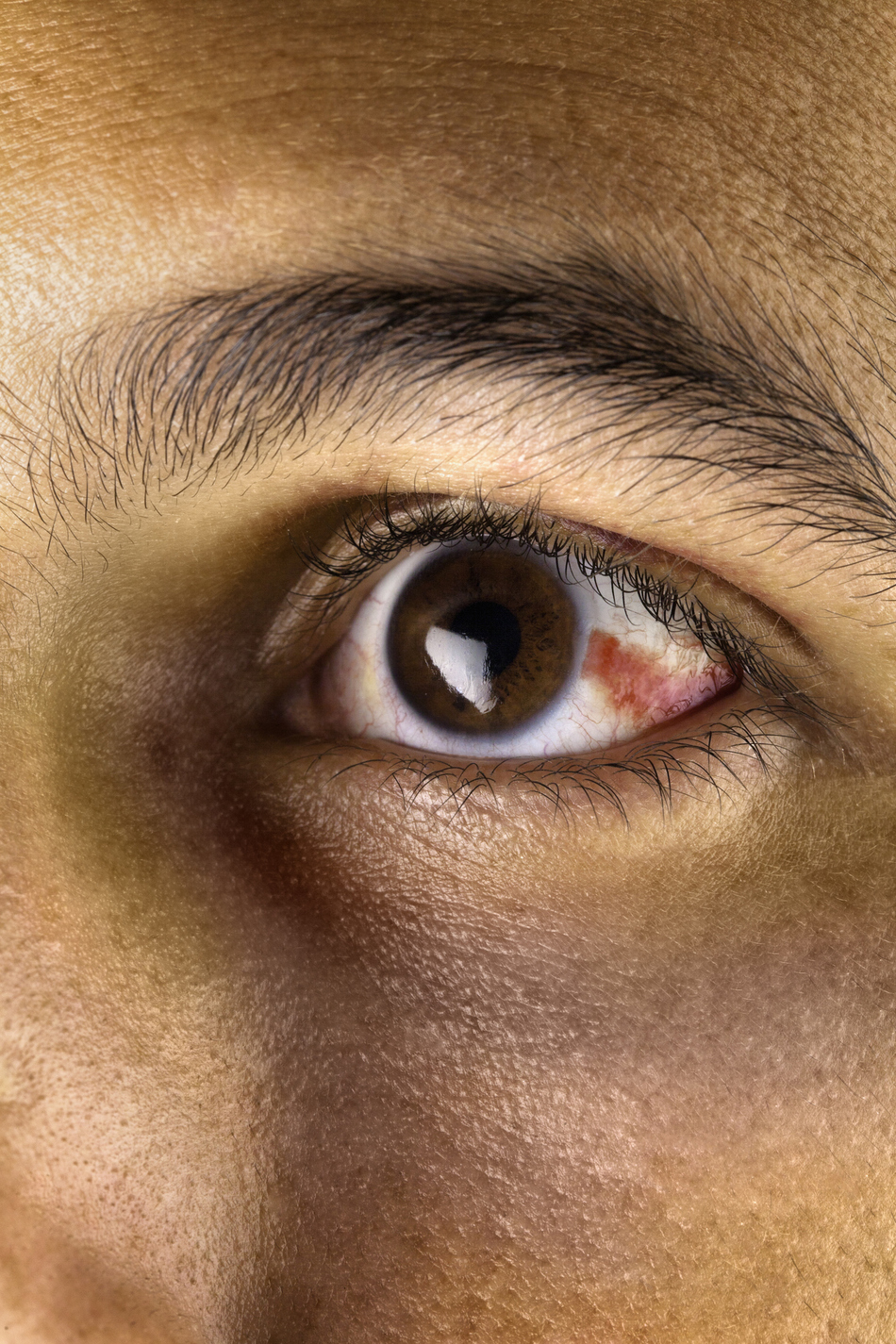Mouthwash For Bad Breath
Bad breath, also known as halitosis, is a common issue that can be embarrassing and affect a person’s self-confidence. While maintaining good oral hygiene is essential, using a mouthwash can be an effective way to combat bad breath. But with so many mouthwashes available on the market, it can be challenging to choose the right one.
Understanding the Causes of Bad Breath
Before we dive into the world of mouthwashes, it’s essential to understand the causes of bad breath. Poor oral hygiene, gum disease, dry mouth, smoking, and certain foods or medical conditions can all contribute to halitosis. In some cases, bad breath can be a sign of an underlying medical issue, such as sinus infections, bronchitis, or diabetes. If you’re concerned about your bad breath, it’s crucial to consult with your dentist or healthcare provider to rule out any underlying conditions.
How Mouthwash Can Help
Mouthwash can be a valuable addition to your oral hygiene routine, helping to:
- Kill bacteria and germs that can cause bad breath
- Reduce plaque and gingivitis
- Freshen breath and leave a clean, cool sensation
- Help to reduce the risk of gum disease and tooth decay
Types of Mouthwashes
There are several types of mouthwashes available, each with its unique ingredients and benefits. Some common types of mouthwashes include:
- Antibacterial mouthwashes: These mouthwashes contain ingredients like chlorhexidine, which help to kill bacteria and germs that can cause bad breath.
- Fluoride mouthwashes: These mouthwashes contain fluoride, which helps to strengthen tooth enamel and prevent tooth decay.
- Whitening mouthwashes: These mouthwashes contain mild abrasives and hydrogen peroxide, which help to remove surface stains and whiten teeth.
- Natural mouthwashes: These mouthwashes contain natural ingredients like essential oils, herbs, and plant extracts, which can help to freshen breath and reduce inflammation.
Key Ingredients to Look for
When choosing a mouthwash for bad breath, look for the following key ingredients:
- Chlorhexidine: This antibacterial ingredient helps to kill bacteria and germs that can cause bad breath.
- Essential oils: Essential oils like peppermint, eucalyptus, and tea tree oil have antibacterial and anti-inflammatory properties that can help to freshen breath and reduce inflammation.
- Hydrogen peroxide: This ingredient helps to kill bacteria and germs, while also helping to whiten teeth.
- Xylitol: This natural sweetener helps to prevent the growth of bacteria and germs that can cause bad breath.
Using Mouthwash Effectively
To get the most out of your mouthwash, follow these tips:
- Use it regularly: Use mouthwash as part of your daily oral hygiene routine, preferably after brushing and flossing.
- Swish it around: Swish the mouthwash around your mouth for 30 seconds to 1 minute to ensure that it reaches all areas.
- Don’t swallow: Spit out the mouthwash after use, as swallowing it can be harmful.
- Choose the right amount: Use the recommended amount of mouthwash, as using too much can be wasteful and unnecessary.
FAQ Section
What is the best mouthwash for bad breath?
+The best mouthwash for bad breath will depend on your individual needs and preferences. Look for a mouthwash that contains antibacterial ingredients like chlorhexidine and essential oils like peppermint and eucalyptus.
How often should I use mouthwash?
+Use mouthwash as part of your daily oral hygiene routine, preferably after brushing and flossing. The frequency of use will depend on your individual needs and the recommendations of your dentist or healthcare provider.
Can mouthwash help to whiten teeth?
+Some mouthwashes contain mild abrasives and hydrogen peroxide, which can help to remove surface stains and whiten teeth. However, it's essential to note that mouthwash is not a replacement for regular teeth whitening treatments.
In conclusion, mouthwash can be a valuable addition to your oral hygiene routine, helping to combat bad breath and promote a healthy, clean mouth. By choosing the right mouthwash for your individual needs and using it effectively, you can help to freshen your breath, reduce the risk of gum disease and tooth decay, and boost your confidence. Remember to always consult with your dentist or healthcare provider if you have concerns about your oral health or bad breath.



